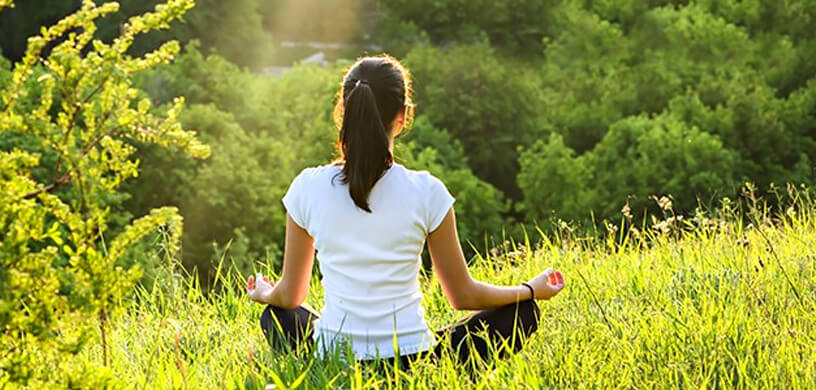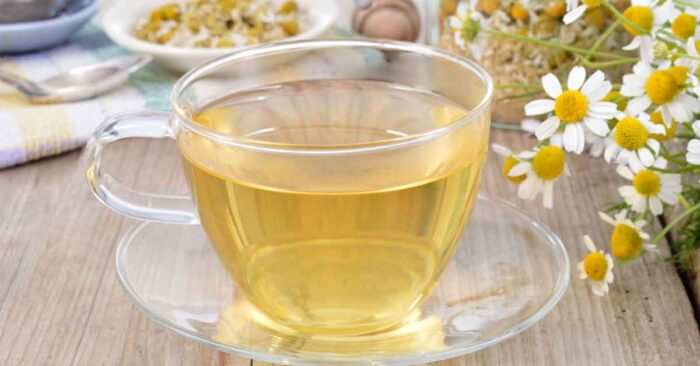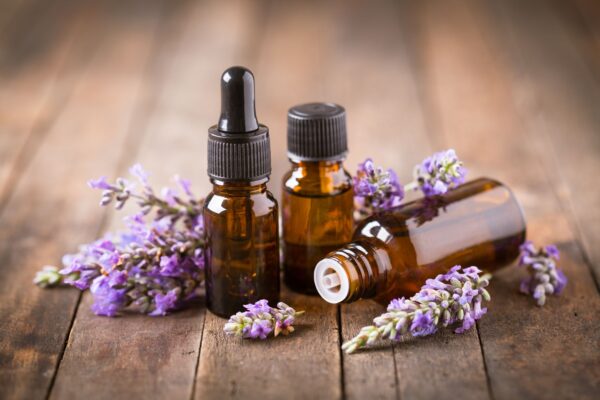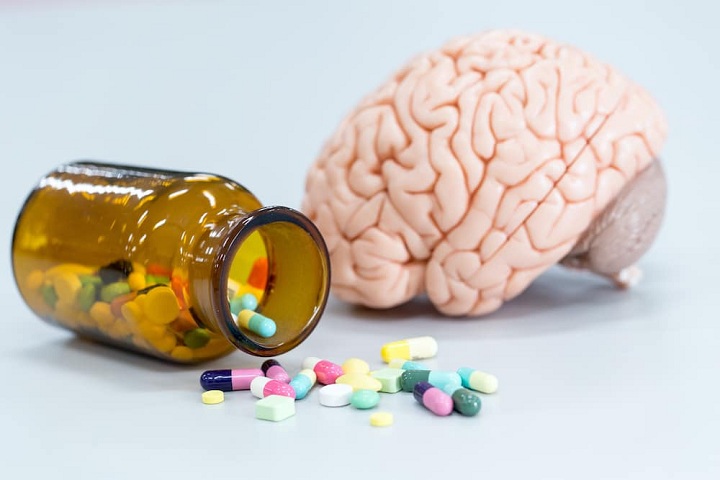Anxiety is a common emotional experience that affects millions of people worldwide. It can range from mild nervousness to debilitating panic, and it can interfere with daily life and well-being. While professional treatment and medication are sometimes necessary, many individuals turn to natural remedies for relief. These approaches are often used alongside traditional treatments, but they can also be helpful on their own for managing stress, reducing symptoms, and promoting overall mental health.
In this article, we will explore a variety of natural remedies that can help alleviate anxiety, ranging from lifestyle changes and dietary adjustments to herbal supplements and mindfulness practices.
1. Mindfulness and Meditation

Mindfulness techniques are an excellent way to manage anxiety, as they encourage individuals to stay present in the moment, rather than worrying about future events. Practicing mindfulness can reduce stress and help prevent the mind from spiraling into anxious thoughts.
a. Deep Breathing
One of the simplest yet most effective mindfulness practices for managing anxiety is deep breathing. Techniques such as diaphragmatic breathing or the “4-7-8” method (inhale for 4 seconds, hold for 7, and exhale for 8) can help calm the nervous system and reduce feelings of anxiety.
b. Mindfulness Meditation
Mindfulness meditation involves sitting quietly and focusing on the breath, bodily sensations, or sounds around you. By cultivating awareness without judgment, individuals can learn to observe their thoughts and feelings without becoming overwhelmed by them. Studies have shown that mindfulness meditation can significantly reduce anxiety and improve emotional regulation.
c. Progressive Muscle Relaxation (PMR)
PMR is a technique where you tense and then relax different muscle groups in the body. This practice helps to release physical tension associated with stress and anxiety, leading to a greater sense of calm.
2. Herbal Remedies and Supplements

Several herbs and supplements have been studied for their potential to reduce anxiety symptoms. While more research is needed to confirm their effectiveness, many people find these natural remedies to be helpful.
a. Chamomile
Chamomile is one of the most widely used herbal remedies for anxiety. It is known for its calming effects, and research suggests that chamomile may help reduce mild-to-moderate anxiety symptoms. It can be consumed as a tea or in supplement form. Chamomile contains flavonoids, which may bind to brain receptors involved in the stress response, helping to promote relaxation.
b. Lavender
Lavender has long been used for its soothing properties, both in aromatherapy and as a supplement. Studies have shown that lavender can help reduce anxiety by decreasing the body’s stress response. Lavender essential oil, when used in aromatherapy or added to a diffuser, may improve mood and promote relaxation.
c. Ashwagandha
Ashwagandha, an adaptogenic herb, has gained popularity for its ability to help the body adapt to stress. Research suggests that ashwagandha can lower cortisol levels (the body’s stress hormone) and reduce anxiety. It is typically taken in capsule or powder form and is known for its potential to enhance resilience to stress.
d. Valerian Root
Valerian root is often used as a natural remedy for insomnia, but it can also be helpful for anxiety. It is thought to promote relaxation by increasing GABA (gamma-aminobutyric acid) activity in the brain, a neurotransmitter that has a calming effect on the nervous system.
e. L-theanine
Found in green tea, L-theanine is an amino acid known for its calming effects. It has been shown to reduce stress and anxiety, particularly when taken in supplement form. L-theanine promotes relaxation without causing drowsiness, making it a popular option for daytime use.
3. Physical Activity and Exercise

Exercise is a natural mood booster that has been shown to reduce anxiety by promoting the release of endorphins, the body’s “feel-good” hormones. Regular physical activity also helps to lower cortisol levels and improve overall sleep quality, which can reduce anxiety symptoms.
a. Aerobic Exercise
Aerobic exercises, such as walking, jogging, cycling, and swimming, have been shown to reduce symptoms of anxiety and depression. These activities increase heart rate and circulation, which helps to release endorphins and improve mood.
b. Yoga
Yoga combines physical postures, breathing exercises, and meditation to promote relaxation and mindfulness. It has been shown to reduce anxiety and improve emotional well-being by balancing the body’s stress response. Many people find yoga to be an effective tool for managing chronic stress and anxiety.
c. Tai Chi
Tai Chi, a form of gentle martial arts, is another practice that can help reduce anxiety. It focuses on slow, deliberate movements and deep breathing, which can induce relaxation and help improve mental clarity and emotional stability.
4. Aromatherapy and Essential Oils

Essential oils have long been used for their calming properties, and they can be particularly effective in reducing stress and anxiety. The most commonly used essential oils for anxiety include:
a. Lavender Oil
Lavender essential oil is one of the most widely studied and used oils for anxiety. It can be used in a diffuser, added to a bath, or applied topically (diluted with a carrier oil) for a calming effect.
b. Bergamot Oil
Bergamot, a citrus-scented oil, is known for its mood-lifting and calming properties. Research suggests that bergamot essential oil can reduce anxiety and improve overall emotional well-being.
c. Ylang Ylang Oil
Ylang ylang has a sweet, floral scent and is known for its calming effects. It is often used to reduce tension and stress and can be added to a diffuser or blended with other oils for an uplifting, soothing experience.
5. Dietary Adjustments

The food you eat plays a significant role in your mood and stress levels. Certain nutrients and dietary habits may help manage anxiety, while others may exacerbate symptoms.
a. Omega-3 Fatty Acids
Omega-3 fatty acids, found in foods like fatty fish (salmon, mackerel), walnuts, and flaxseeds, have been linked to a reduction in anxiety symptoms. Studies suggest that these healthy fats can improve brain function and reduce inflammation, which may help regulate mood and reduce stress.
b. Magnesium
Magnesium is an essential mineral involved in numerous bodily functions, including muscle relaxation and nerve function. Some studies have shown that magnesium deficiency can contribute to increased anxiety. Foods rich in magnesium include leafy greens, almonds, pumpkin seeds, and whole grains. Magnesium supplements may also be beneficial for those with low levels.
c. Probiotics
Gut health is closely linked to mental health, and an imbalance in gut bacteria has been associated with anxiety and depression. Consuming probiotics (found in fermented foods like yogurt, kimchi, and sauerkraut) or taking probiotic supplements may help improve gut health and reduce symptoms of anxiety.
d. Limit Caffeine and Sugar
Excessive caffeine and sugar intake can exacerbate anxiety symptoms. Caffeine is a stimulant that can increase heart rate and make people feel jittery, while high sugar intake can cause blood sugar fluctuations, leading to irritability and mood swings. Reducing caffeine and sugar consumption may help stabilize mood and reduce anxiety.
Conclusion

Managing anxiety naturally is not a one-size-fits-all approach. While herbal remedies, mindfulness practices, exercise, and dietary adjustments may be effective for many, it’s essential to find the right combination of strategies that work for you. If anxiety becomes overwhelming or persistent, it’s important to seek guidance from a healthcare professional. Natural remedies can be an excellent complementary option, but they should be used with caution and, when appropriate, in combination with other forms of treatment. Through a holistic approach that incorporates physical, mental, and emotional well-being, it is possible to manage and reduce anxiety effectively.

